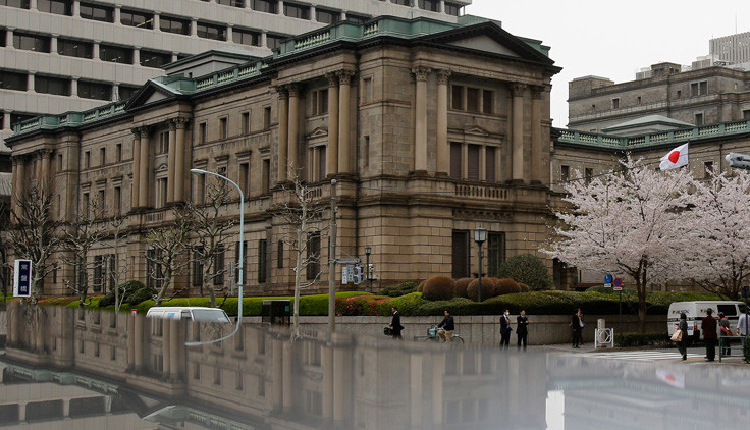The Bank of Japan (BOJ) is expected to cut its economic forecasts at its upcoming policy meeting on July 30-31, according to three sources.
Growth projections for the current fiscal year may be lowered slightly, but the BOJ remains optimistic about inflation reaching its two per cent target in the future. This could pave the way for a potential interest rate increase later this month.
Japan’s historical GDP data has been revised downwards, prompting a slight reduction in the BOJ’s growth forecast for the current fiscal year.
In April, the BOJ projected growth of 0.8 per cent for the current year and 1.0 per cent for both fiscal 2025 and 2026.
Despite the growth revision, the BOJ is expected to maintain its inflation forecast, with price increases -excluding fresh food and energy- hovering around its two per cent target through early 2027.
Governor Kazuo Ueda has previously signaled the BOJ’s willingness to raise rates if there’s stronger evidence of inflation reaching the two per cent target in a sustained manner.
A recent survey by the Japan Centre for Economic Research revealed that economists now expect GDP growth of 0.44 per cent this fiscal year, down from 0.62 per cent predicted before the GDP revision.
The BOJ ended its negative interest rate policy in March. Its next step towards policy normalisation will be outlining a plan for tapering its significant bond-buying programme later this month.
Markets anticipate another rate hike from the BOJ this year, but are divided on whether it will happen in July or later.
Analysts advocating for a delay in raising rates point to recent signs of weakness in consumer spending. Household spending unexpectedly fell in May, reflecting the continued pressure of higher prices on purchasing power.
While real wages are expected to become positive in the coming months, the yen’s renewed depreciation is pushing up import costs, potentially keeping household living costs elevated.
BOJ branch managers indicated that wage increases were spreading throughout the economy and overall consumption remained strong, suggesting the bank’s confidence in the potential for rising income to drive household spending in the near future.
Former top BOJ economist Seisaku Kameda, anticipating no rate changes in July, believes the central bank is likely seeking further proof of sustained growth in average base pay, which reached a 31-year high of 2.5 per cent in May.
Attribution: Reuters


